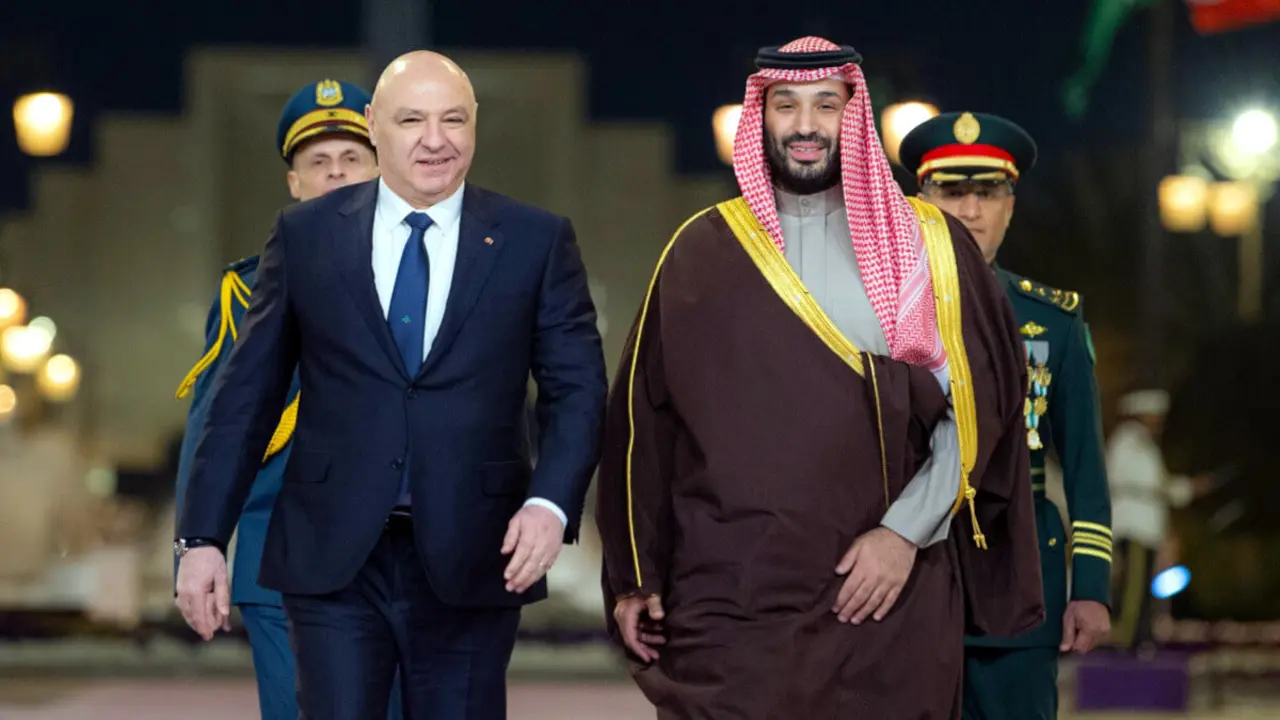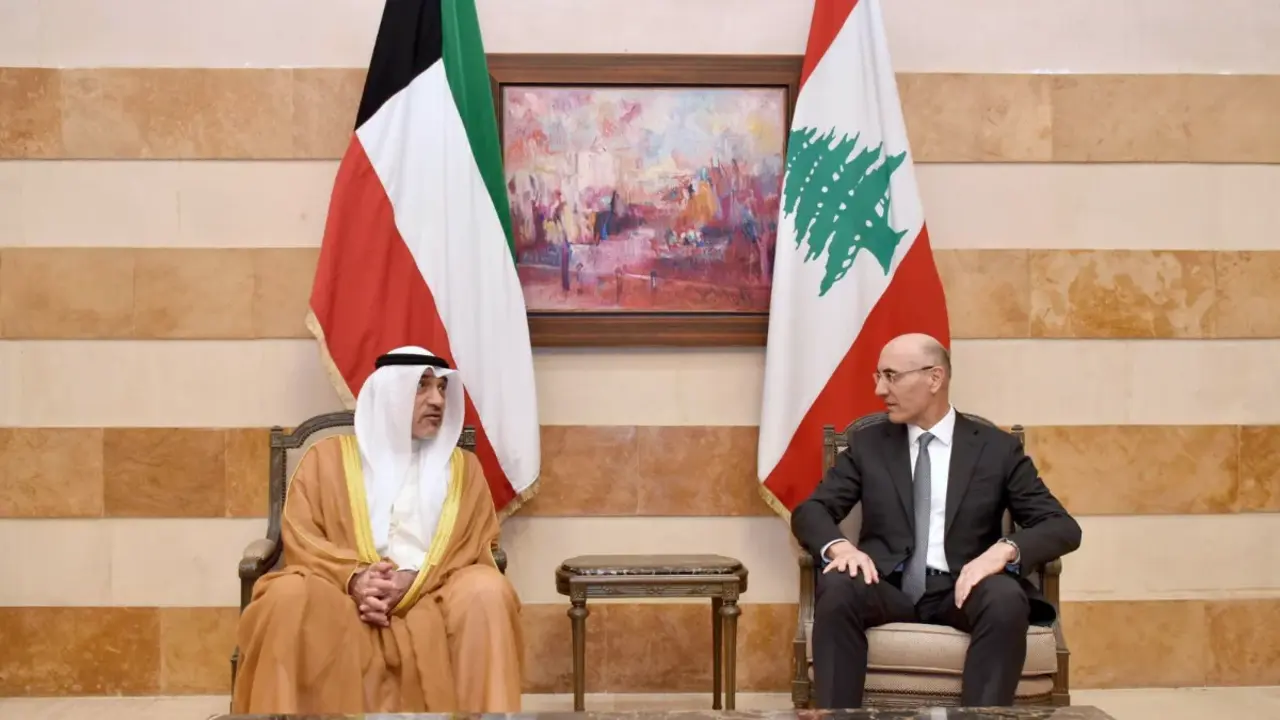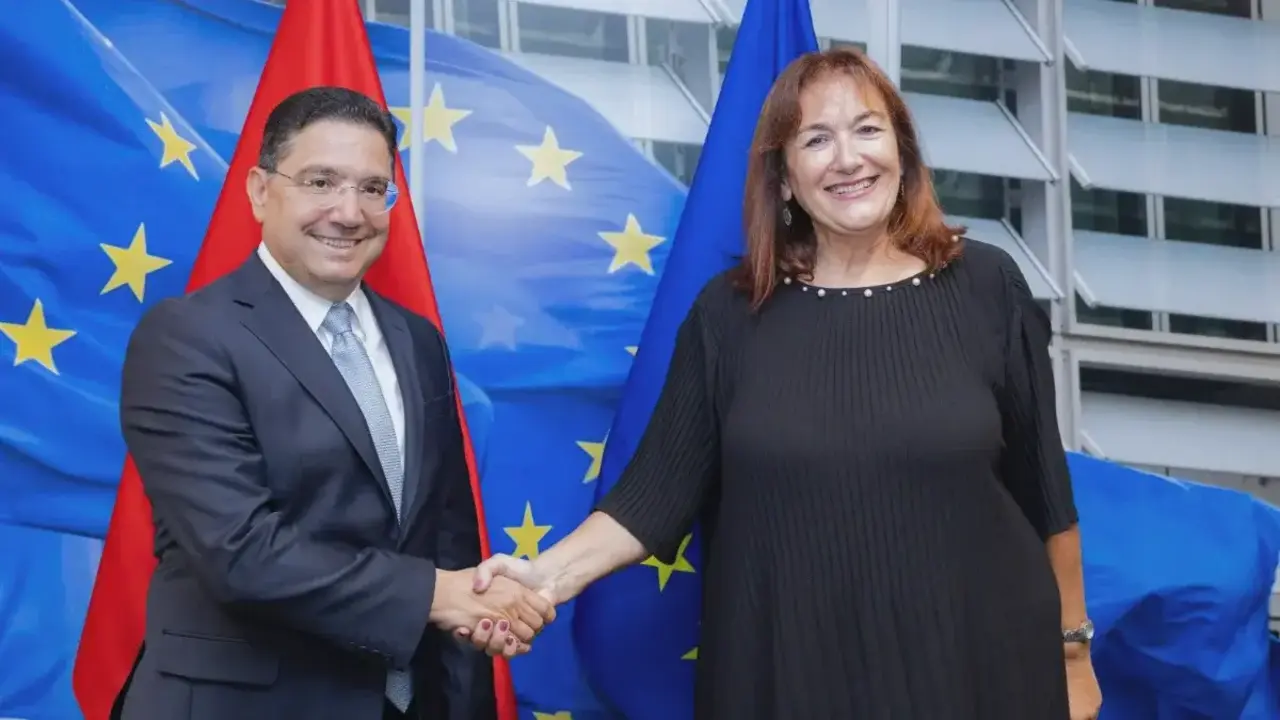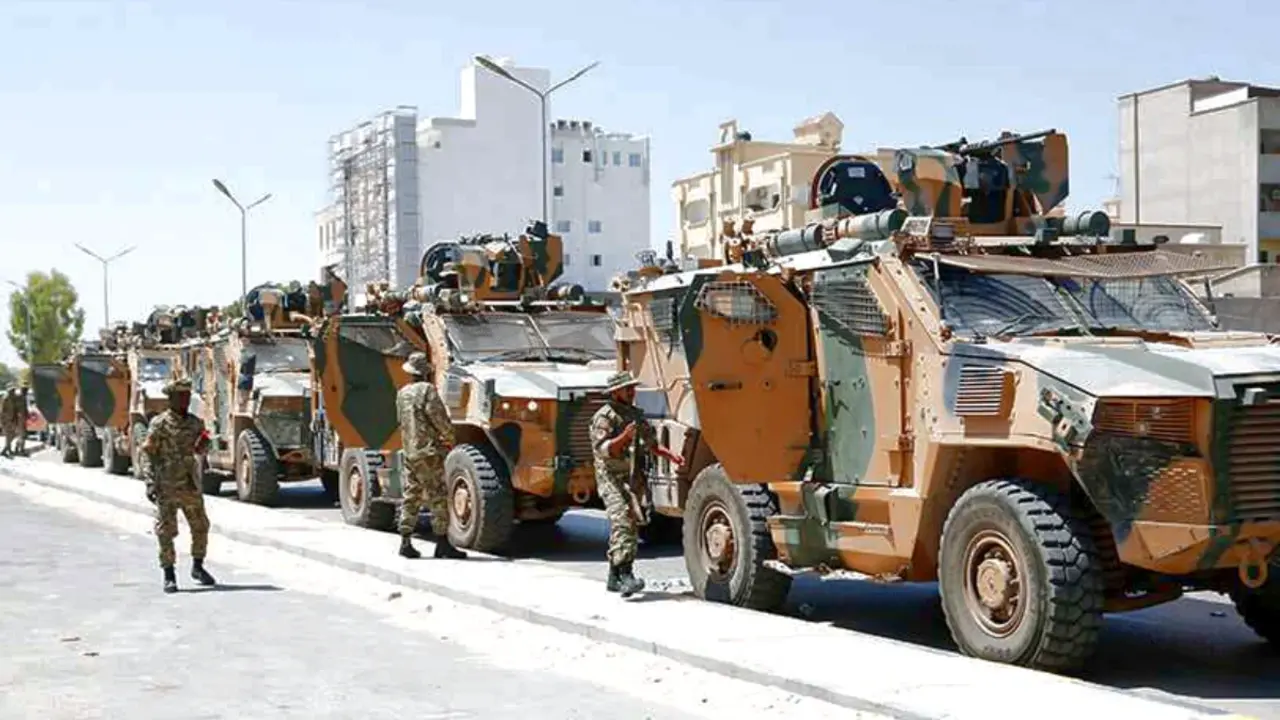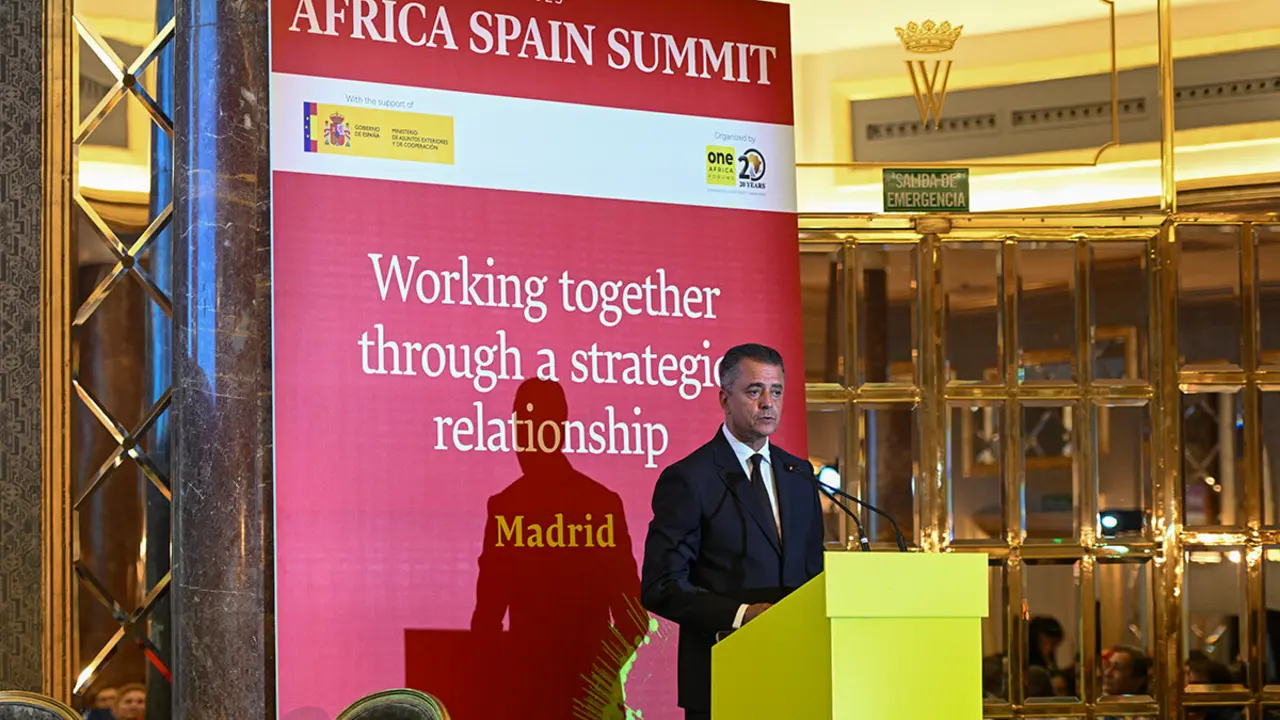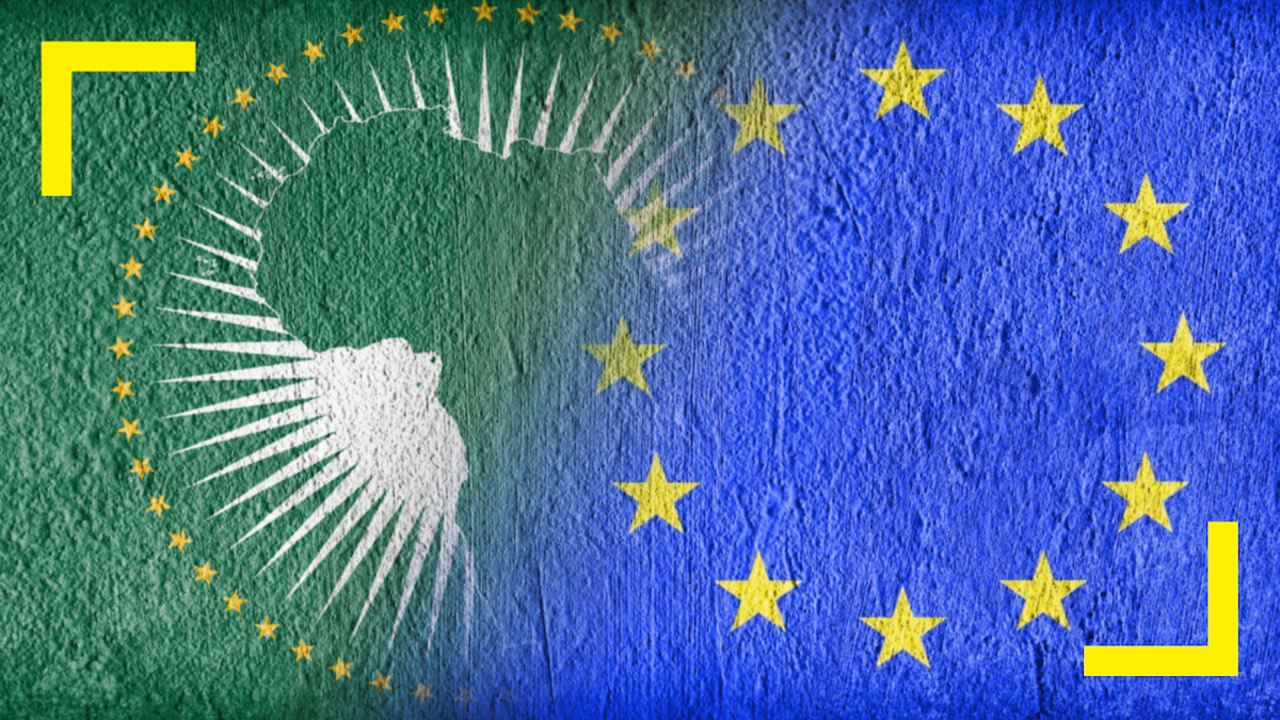Pablo Arias: "If we don't promote European industry, investment will go to the US or Israel"

In the latest edition of "De cara al mundo", Onda Madrid's radio programme, we interviewed Pablo Arias Echevarría, Member of the European Parliament, who analysed the victory of Emmanuel Macron in the French elections. For the MEP, the election result may be the result of a lesser evil, since both Jean-Luc Mélenchon and Marine Le Pen were extremist options. Arias also spoke of the unanimity in the European institutions on the reaction and the sanction measures imposed on Russia as a result of the invasion of Ukraine. Finally, Arias spoke of the need to re-industrialise Europe, which the pandemic has brought to light, as there is a need to return to a competitive European industry.
Are you relieved after Emmanuel Macron's victory in the French elections? It seems that society is reacting to populism.
What is clear is that it has been a breath of fresh air, there was a lot of concern about the French elections. Macron's re-election is good news, but we have to see why it happened and perhaps it is a consequence of being the lesser evil, given that both Jean-Luc Mélenchon and Marine Le Pen were the extremist options. Macron's re-election is therefore good news for the European Union, even more so with the rotating presidency that he currently holds.
You have experience in the European Parliament. Is Europe's reaction to Putin's aggression what was expected and needed?
I think it has been an appropriate reaction and the sanctions that have been imposed go in that direction. The European Union is the most ambitious peace project that has ever existed in the history of mankind and we did not even imagine the possibility of facing a war such as the one that President Vladimir Putin has provoked. For our part, we have radically condemned the invasion and this breach of all international law and the reaction of the European Union has been appropriate. Having said that, we have many challenges ahead of us, the Europe we have known will never be the same after this, after a pandemic like the one we have experienced and, now, with Russia's invasion of Ukraine, we see that we are effectively moving from one crisis to another and this is damaging us and creating complex situations and new challenges that must be tackled. What is good about the European Union is that when we experience crisis situations we unite more than expected, or more than expected, and in this situation this has happened again. Putin believed that the invasion of Ukraine would be easy and he has met with heroic resistance from the Ukrainians, led by someone who was questioned as a great leader, President Volodymir Zelensky. For its part, the European Union is doing what it should be doing by cooperating with international law, condemning the invasion of Ukraine and facing the challenges in terms of the disruptions caused by all these situations with energy, with the economy and with the threat situation that is looming over European territory.
In effect the EU and the US are complying with international law when it comes to providing arms to the Ukrainian government. Is there unanimity in the European Parliament in helping Ukraine with heavy weapons so that it can defend itself?
The European Parliament has been very clear with the resolutions that we have adopted in the plenary in Strasbourg where we have a very clear common position and where there are no fissures. The Member States have also been united on this and those who suffered the most as a result of this invasion, such as the countries dependent on Russian gas, have also gradually entered into this unanimous position to address this situation, to impose sanctions and to demand a peace agreement and the withdrawal of Putin's troops. There are no fissures in the European Parliament in this regard, at most there may be small groups that have nothing to do with the clear and forceful position of the European Parliament.
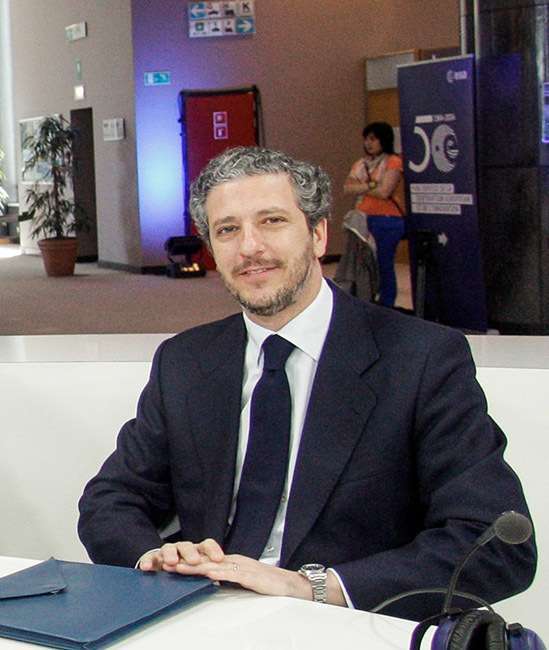 The European citizens are seeing institutions that are responding appropriately to the challenge we have on the table today...
The European citizens are seeing institutions that are responding appropriately to the challenge we have on the table today...
I believe that debates are being opened here that were not, if not closed, dormant, and I am specifically alluding to the issue of investing more in defence actions. We have an amalgam of European companies in which we spend around 200 billion on defence, a total of 1.4% of the Union's GDP on defence spending. What this shows is that this amount is not enough, the investment we Europeans make is equivalent to that of China or Russia, but the problem is that it is divided and, therefore, we must make greater investment and we must coordinate it because otherwise we will continue as we are now, and what is clear is that it is not enough. The Atlantic Alliance, which some people declared obsolete or dead, we are seeing that it is more alive than ever and in a situation like this it has responded appropriately and those of us who are part of it have a shield that in crisis situations is very welcome, and is therefore very important. I would like to insist on the issue of the debate that has been reopened on defence investment, and it is a debate that must be addressed as forcefully and rigorously as possible, because I insist that we must have a global European defence industry and not 27 smaller ones that are not coordinated with each other. As Josep Borrell said recently, European systems are often not synchronised and there is a problem of coordination between this technology and the weapons that are produced, and we need to see how we coordinate this issue, who leads it and what is being done. There was also talk of a European army, but that is a utopia today.
It is true that there is a Eurocorps, but when talking about a European defence as the pillar of Europe within the Atlantic Alliance, are you in favour of strengthening it and providing it with greater coordination, taking on the challenges and challenges that this entails, such as casualties?
For many years we have been living in a kind of theme park, we have mainly opted for the welfare state, which is very good, and we live like nowhere else on the planet in the European Union. The demand that was clearly put on the table because it was made public by Trump, and he worked on it in an important way, what he was telling us was that they could not assume the expense and the risk of any conflict in the European Union without the European Union or its member countries becoming more involved in defence matters. Trump was probably right about this, but not about other things. What is clear is that the European Union must take a look at this, we cannot live in Alice's wonderland and we must be aware that there are risks outside Europe, something that has become palpable with Russia's invasion of Ukraine, and with Putin's intentions regarding other interests. Therefore, we have to make decisions, being very clear about what is at stake, which is the peace and prosperity that we have had for more than 70 years of the European project, this is what we have to analyse and public opinion will have to enter into this debate because it may seem that Spain is a long way off, but it is on the doorstep. The other day they presented that missile they called "Satan II" which has more than 10,000 km of possibility of reaching a target, and up to 10 nuclear warheads, this is a threat and although we are in Spain so many kilometres away from Russia today it is not a relief.
Among the many jobs you have done in the European Parliament, digitalisation is one of the specialities at a time when we are suffering from cyber-terrorism. To what extent should the European Union equip itself with the technological edge to be able to face and even repel these cyber-attacks?
What is clear is that this is not conventional warfare or not only, because it is also conventional warfare, but this phenomenon is known as hybrid warfare. There is a very important part of cyber security and in Europe that investment in defence has to be not just about tanks or missiles but also in terms of fighting cyber attacks and around that hybrid warfare. We must also invest in this area because we live in a digitalised and globalised world and it is very important that we have legislation that is sufficiently powerful so that we can protect those issues that are fundamental; we are talking about energy, water and many issues that are vital for coexistence and our security. Therefore, this investment in technology seems very important, this investment in technology for the single market is being made, we are also talking about cybersecurity, but, for example, now that we have approved the DSA regulation, the invasion of Ukraine has had enormous relevance in the dialogues that concluded last week. In fact, some new articles have been put in that have to do with the Ukrainian issue and the challenges and risks that we face on Europe's doorstep.
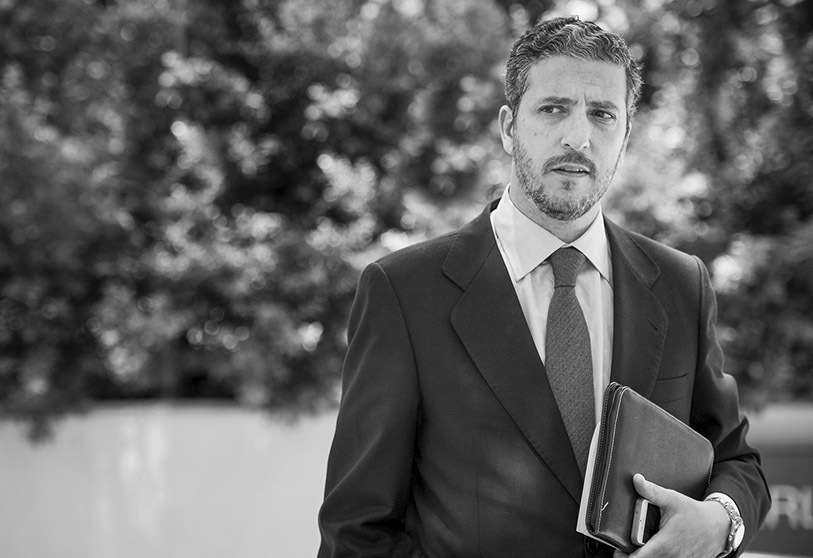
Another issue on which you have enormous knowledge is the internal market, should Europe with what it has suffered in the pandemic go back to industrialisation, should we take back everything that we have sent to China, and now with the collapse of the port of Shanghai, is causing us collapse and lack of supplies?
Without any doubt, there is a clear strategy for the reindustrialisation of Europe, we cannot only be a service provider, I was saying before that Europe was a kind of theme park and we must stop being one. We must have an industry that is capable of maintaining the competitiveness that we have had in recent years; a few years ago the European Union represented 21% of world GDP, today it represents 19% and these figures are falling. This process of reindustrialisation is fundamental, there is a digital strategy on the part of the Commission, there is a strategy called the "Green Deal" and in my opinion we should introduce this new strategy on increasing defence spending, which could also be included in this reindustrialisation, because if we increase defence spending that money will go abroad because in Europe we do not have a sufficiently powerful defence industry to take on the increase in spending and we have products to be able to buy. If we do not encourage the industry, that increased investment will go to countries like the United States, Israel or third countries.
We Europeans have to accept that these types of reforms require effort and sacrifice, but in order to continue to have our welfare state we have to make these sacrifices in terms of reindustrialisation and above all to be able to confront the energy issue and counteract what the invasion of Ukraine entails, which is a struggle of principles, values and an attack on liberal democracy by authoritarian populism.
Undoubtedly, this has called into question what democracy is and it is a clear attack on the West and what we have to look at now is how we maintain and defend our welfare state and increase those processes where we move away from populism and roll up our sleeves and do our homework. We cannot live forever on debt, we cannot be in debt forever and maintain the welfare state with more debt and we must be productive in order to maintain a balanced welfare state that is good for everyone. We have to roll up our sleeves, our parents and grandparents already did, after having lived through a golden age, and now it is time to be productive, as we know how to be, because we Europeans have always been at the forefront of everything that has happened in the world, except in the digital sphere, which is another debate. What is clear is that we must once again become a relevant player in the world and for that we need to get down to work and work on having a clear strategy for reindustrialisation, digitalisation and also, of course, a commitment to the environment, which is very important.



